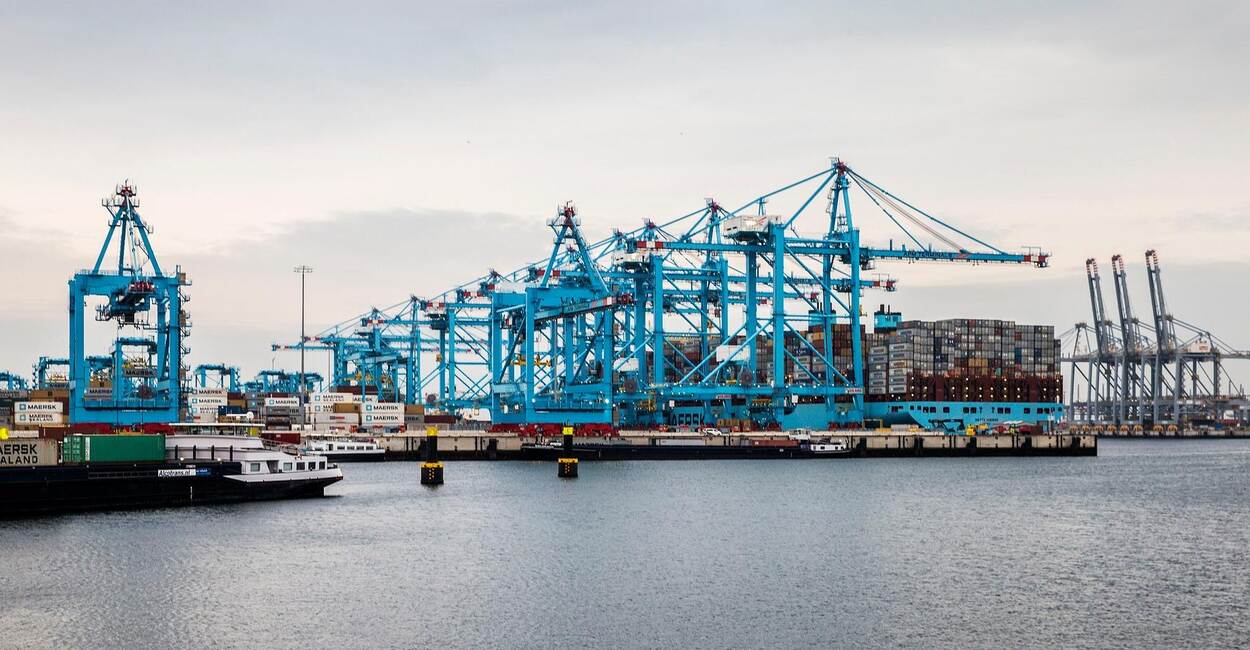The European Union can impose measures on certain countries or organisations. For example, because they violate human rights or wage war. Such a measure is called a sanction. The goal: to influence the behaviour of the leaders of that country or organisation without military intervention. There are various types of sanctions, such as imposing travel restrictions on political leaders. Or freezing their bank accounts in the European Union.
Another type of sanction is about goods. This type of sanction is called an arms embargo or trade sanction. That could be a ban on supplying weapons to a certain country. Or on exporting or importing certain other things from such a country. These may be goods used to oppress the population or goods the country uses for income to attack other countries. Or luxury goods intended for the leaders of such a country, such as a yacht or champagne. In such cases, exporting or importing these goods without a licence is forbidden. Customs checks whether the goods are subject to sanctions and stops them if necessary. If a licence accompanies the goods, Customs will check it.
Trade sanctions have been in place against countries such as Iran, Syria and North Korea for some time. Since Russia annexed Crimea in 2014, trade sanctions have also been in place against Russia. Since the end of February 2022, the European Union has extended and tightened sanctions against Russia. At that time, the European Union also imposed additional sanctions on Belarus because of the situation in Ukraine.
